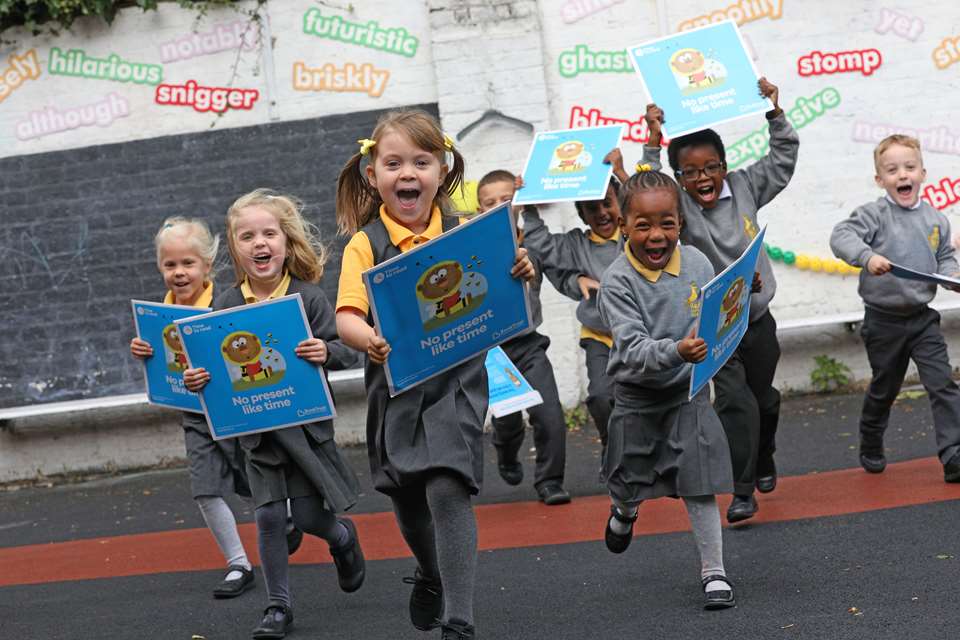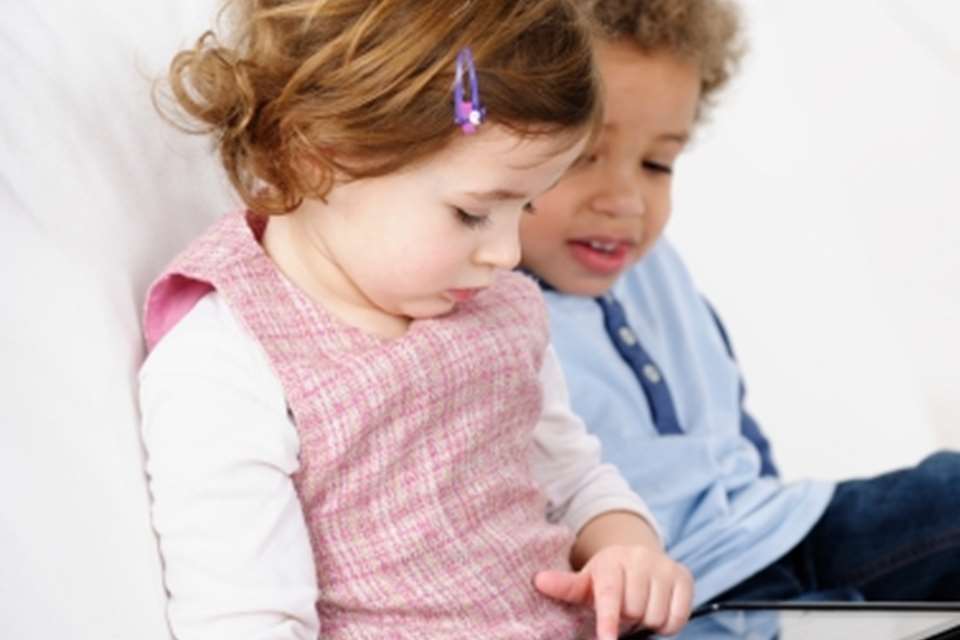Children should take a break from screens every two hours, advise UK’s top doctors
Thursday, February 7, 2019
New guidance from the country’s four chief medical officers encourages parents and carers to agree boundaries around their children’s behaviour and time spent online.

While it recognises that ‘technology can be a wonderful thing’, the guidance says that ‘too much time sitting down or using mobile devices can get in the way of important, healthy activities’.
However, similar to the Royal College of Paediatrics and Child Health, the chief medical officers (CMOs) argue that there is currently 'insufficient robust scientific evidence on the impact of screen time to support specific guidelines on optimal amounts of screen use.' They recommend further research be carried out in this area.
- Experts divided over screen time limits
- Call for children's screen time to be restricted to two hours a day
The guidance, which is based on research by University College London into screen-based activities and the mental health of children and young people, advises the following to parents:
- Make meal times screen-free.
- Make sure phones are outside the bedroom to ensure good quality sleep.
- Make sure you and your children take a break after a couple of hours of sitting or lying down using a screen.
- Talk openly with children about how and whether photos and information should be shared online.
- Use features on devices to track how much time you and your children spend looking at screens or on social media.
It also recommends the technology industry establish a voluntary code of conduct addressing how they safeguard children and young people on their sites.
Both Sally Goddard Blythe, author and international director of the Institute for Neuro-Physiological Psychology, and the Royal Society for Public Health (RSPH), welcomed the CMO’s guidance.
Ms Goddard Blythe said, ‘While a recent report by the Commons Science and Technology Select Committee flagged a lack of high-quality research into the effects of screen time on young people, much of the research focuses on what is happening during screen time not on what screen time prevents.
‘When children are occupied with electronic games, they are neither physically nor socially active. Screen play is very different from real play in terms of physical interaction, imagination and creativity.’
Shirley Cramer, chief executive of the RSPH, said, ‘In the absence of more robust scientific evidence into the long-term effects of screen-based activities on young people, this advice is a vital step in the right direction towards the establishment of much needed clearer guidance for parents - guidance they are crying out for in order to protect their children in a wild west digital world.
‘It cannot be stressed enough that further research must be prioritised as a matter of urgency to improve our understanding of the relationship between screen-use, and in particular social media use, on our young people’s mental health and well-being.’
RSPH and the All-Party Parliamentary Group (APPG) on Social Media and Young People’s Mental Health and Well-Being, will soon be publishing a report with proposed guidance for industry and users in how to enhance the positive impacts of social media.







